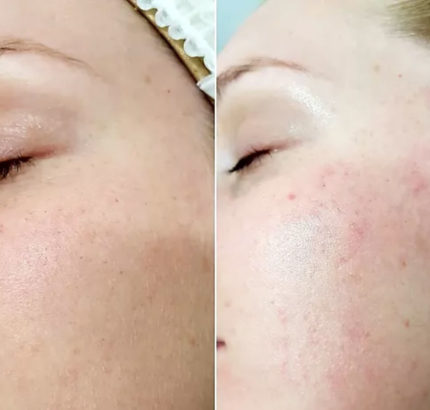
The Dermoid Cyst is also known as the Colchicine, or Colchicum. A small growth found in the abdominal cavity, it occurs due to infection and is usually a dark colored, flat, irregular mass. Though rare, it can be malignant and if so, can affect the heart.
The normal function of this tumor is to protect the stomach and the intestines from inflammation. However, it can also be used to help with the absorption of liquids. Normally, the walls of the Dermoid Cyst are smooth and there is no evidence of lumps. However, when the walls become sensitive, they can rupture and allow liquid to leak out.
When the wall of the growth ruptures, it is caused by an infection in the stomach or the intestines
This infection causes the swelling of the walls and the fluid becomes trapped inside. As this fluid leaks out, the walls expand again, causing the growth to continue.
If left untreated, a cancerous growth may form. The cancer is called a polyp. This type of cancer may be very difficult to remove but it is not curable and must be dealt with in order to avoid other complications.
One common complication is intestinal perforation. This occurs when the fluid from the Dermoid Cyst escapes and seeps into the lining of the intestines. When this happens, the lining can easily be damaged. When this happens, it is possible for a person to bleed heavily or develop ulceration and even cancer.
Sometimes, the Dermoid Cyst may cause bleeding from the anus. It is because the growth will expand to the anus. In most cases, it can be treated with antibiotics and proper care.
Symptoms of this cyst include: abdominal pain, cramps, bloating, vomiting and loss of appetite. However, it may be hard to diagnose as it will mimic those of some other conditions. This is why it is important to see a doctor at once. Some symptoms of the condition include: fever, abdominal swelling, diarrhea and vomiting.
If your doctor's attention is not sought and diagnosed quickly, you could end up facing several complications. Some of these complications may include: bleeding, ulceration, obstruction, perforation and even cancer.
If you have any of these complications, the only way to prevent them from becoming a bigger issue is to remove the cyst as soon as possible. You may want to consult a doctor to get advice on how to remove the cyst.
The removal process for this cyst is relatively simple. This is usually done under general anesthesia, which takes one to two hours.
Doctors advise patients to seek emergency surgery if the situation worsens or if relief is not found within six to twelve months. primary infection. If the condition is severe, your doctor may recommend removal of the entire cyst and possibly even the colon. In some cases, a cyst may require surgery to remove bleeding and tissue that may protrude from it.
Certain precautions must be taken before seeking medical attention. Make sure you follow a healthy diet and eat a well balanced diet to avoid any complications. Eating lots of fruits and vegetables can help reduce your risk of complications.
Your doctor will talk with you about any medications you need to take after your treatment. Follow all instructions so you don't have other complications.
Treatment procedures vary from person to person, so feel free to discuss them with your doctor. Your doctor may recommend a number of different procedures. Some of the procedures include: laparoscopy, sclerotherapy, or endoscopic thoracic sympathectomy.
If the condition does not improve or worsens, your doctor's attention is definitely warranted. Do not delay seeking treatment as failure to do so will cause serious problems and complications to arise. The sooner it is treated the better.
Symptoms may not become apparent for several weeks or even months. Some people are prone to develop complications like perforation and even cancer.